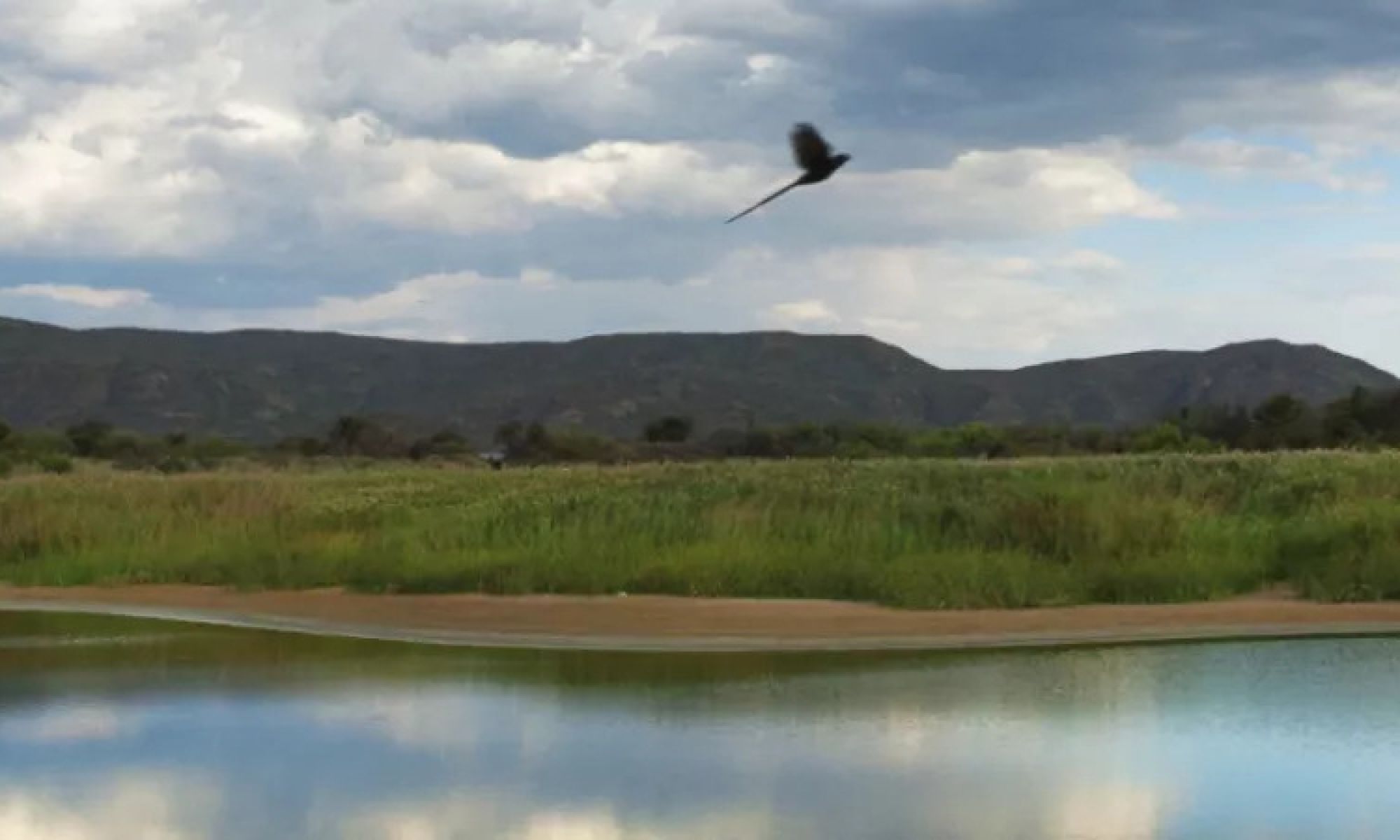
Commencement of the Western Cape Biodiversity Act, 2021 (Act 6 of 2021)
“The Western Cape Biodiversity Act allows us to modernise our thinking on biodiversity, driven through partnerships with key sectors and communities to promote the conservation of our biodiversity while also allowing for development, economic growth, and job creation,” Anton Bredell, Western Cape Minister of Local Government, Environmental Affairs and Development Planning said.
Minister Bredell said the Biodiversity Act, which was signed into law earlier in November 2022, will come into effect in a phased manner. Certain sections of the WCBA have come into effect on 15 November which is an important step towards having a modern environmental management framework that is in step with current realities in the Western Cape, South Africa, and globally. “We are driving proactive approaches to enable the identification, prioritisation and conservation of key species, habitats and ecosystems, and to identify and implement special management measures to ensure ecological resilience and future-proof our economy and basic needs provided through natural resources”.
Anton Bredell noted: “The Western Cape Province has been anticipating the outcome of the up-and-coming Conference of Parties for the Convention of Biological Diversity which will decide a new Global Biodiversity Framework. This includes some incredible stretch targets that could see the nations across the glove unite to secure the protection off the earth’s biosphere. A critical part of these agreements is Access and Benefit Sharing. The WCBA and its implementation through regulations will enable a transformed biodiversity economy focusing on enabling access to critical resources in an equitable and sustainable and manner.
The WC Biodiversity Act sets out a best practice model for the governance of public entities in the conservation space. This will further enable CapeNature’s successes and ability to pursue the multiple objectives of protection and management of the world-renowned biodiversity and ensure that protected areas enable economic opportunities in local rural economies. CapeNature’s ecotourism product is among the best in the world and has significant opportunity for optimisation and expansion.
In this way the Act Integrates administrative provisions and institutions for the conservation, restoration, management and sustainable use of biodiversity and ecosystems in the Western Cape Province.
Anton Bredell explained that the proactive protection of and investment in ecosystem and ecological infrastructure restoration is a low- to no- risk climate change adaptation strategy ensuring the resilience of landscapes, people and the economy. Key to this is the optimisation of investment into ecological infrastructure restoration which reduces fire, water and climate risk while offering a range of job and economic opportunities.
CapeNature and the Department of Environmental Affairs and Development Planning (DEA&DP) will now commence on a public participation process where interested parties will be consulted to formulate and co-create several regulations within the Act. Opportunity for participation will be advertised in the near future.
Contact:
Wouter Kriel
Spokesperson for Minister Anton Bredell
Western Cape Minister of Local Government, Environmental Affairs and Development Planning
079 694 3085
Related News
How can I assist you today?
How can I assist you today?





